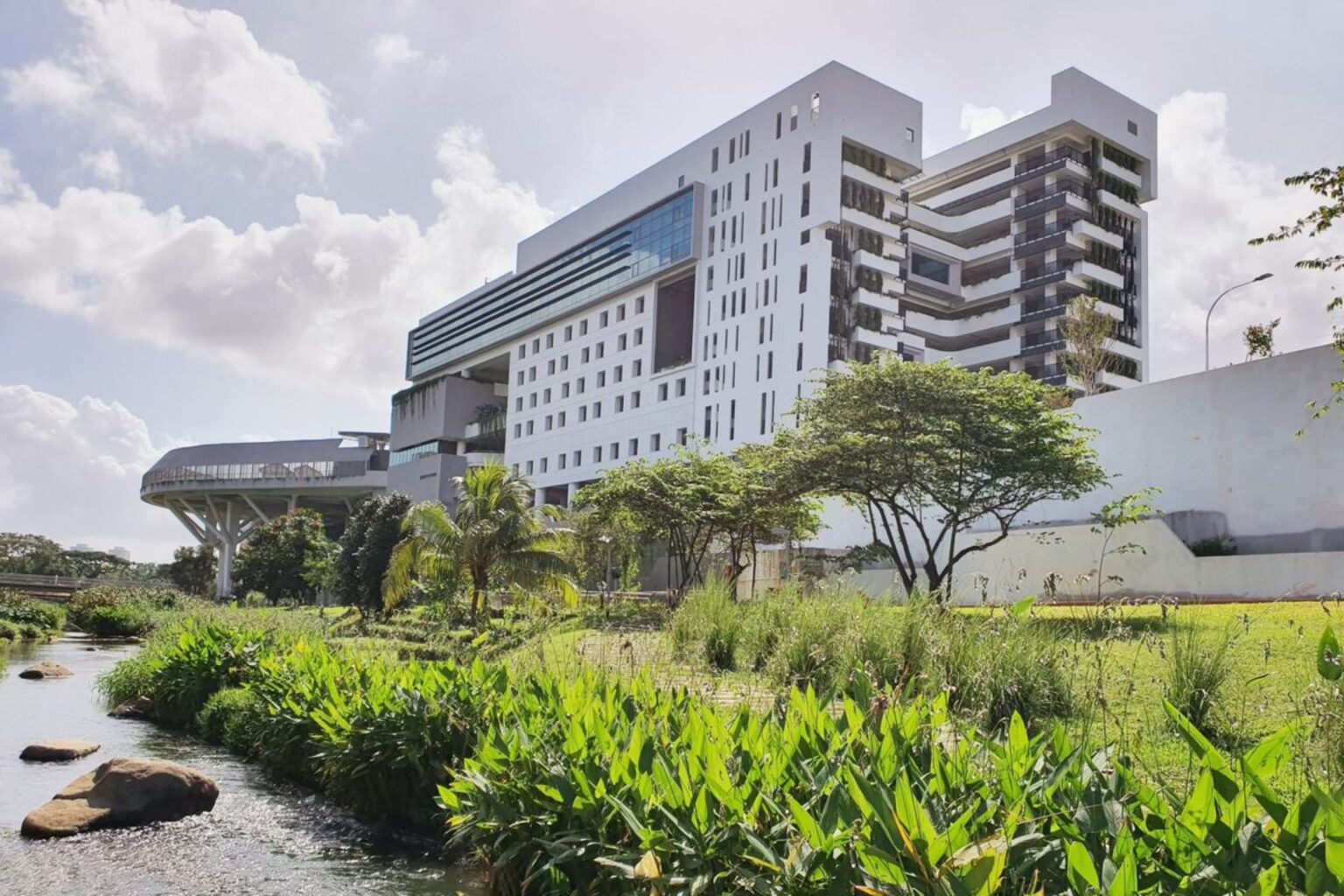Junior colleges (JCs) in Singapore are two-year pre-university institutions that prepare students for the Singapore-Cambridge GCE Advanced Level (A-Level) examination. JCs are known for their academically rigorous and holistic curriculum, which equips students with the knowledge, skills, and experiences necessary for success in university and future careers.
Admission Pathways and Subject Offerings
Admission to JCs is primarily based on performance in the GCE Ordinary Level (O-Level) examination via the Joint Admissions Exercise (JAE). However, students from Integrated Programme (IP) schools bypass the O-Level exams and transition directly into JC after Secondary 4.
Upon admission, students typically select a combination of H1 (Higher 1), H2 (Higher 2), and optionally H3 (Higher 3) subjects, which reflect different depths of academic rigour. Most students take:
- 3 H2 subjects
- 1 H1 content subject
- H1 General Paper (GP)
- H1 Project Work (PW)
- Mother Tongue Language (MTL) (unless previously fulfilled)
Students can specialise in various academic streams—Science, Arts, or Hybrid combinations—with subjects such as H2 Biology, H2 Chemistry, H2 Mathematics, H2 Economics, H2 Literature, and more. These combinations allow flexibility to align with students’ strengths and future university aspirations.
Curriculum and Pedagogical Approach
The JC curriculum is designed not only for academic mastery but also for the development of independent thought, critical analysis, and research skills. Learning is delivered through a mix of:
- Lectures (for content delivery),
- Tutorials (for small-group discussion and reinforcement), and
- Practical sessions (especially for science students).
JC pedagogy aims to mirror aspects of university education, promoting active learning and intellectual curiosity.
Co-Curricular Activities (CCAs) and Student Leadership
CCAs are an integral part of JC life and are compulsory. They support holistic development and provide avenues for students to:
- Cultivate soft skills,
- Build teamwork and leadership capabilities, and
- Pursue personal interests.
JC CCAs typically include:
- Sports (e.g., basketball, track and field, football),
- Performing arts (e.g., choir, drama, Chinese orchestra),
- Uniformed groups (e.g., NCC, Girl Guides),
- Clubs and societies (e.g., debate, photography, environment club).
Many JCs, such as Victoria Junior College (VJC) and Raffles Institution (JC section), are known for their vibrant CCA culture and national-level achievements.
University Preparation and Career Guidance
JCs are structured to bridge the gap between secondary school and university. Comprehensive university preparation includes:
- Personalised academic and career counselling,
- University application workshops (local and overseas),
- Interview and scholarship preparation, and
- Exposure to university-style assessments and research.
Local university pathways (e.g., NUS, NTU, SMU) are strongly supported, and students are also guided through UCAS (UK), Common App (US), and Australian university admissions processes.
Academic Competitions and Enrichment Opportunities
Students are encouraged to participate in a wide range of academic competitions and enrichment programmes, such as:
- Singapore Mathematics Olympiad (SMO),
- International Biology and Physics Olympiads (IBO, IPhO),
- Humanities and Social Sciences Research Programme (HSSRP),
- MOE-A*STAR Science Award for JC Students, and
- Research Attachments with universities or research institutes.
These initiatives allow students to go beyond textbook learning, sharpen their intellectual abilities, and strengthen their portfolios for university and scholarship applications.
Facilities and Campus Environment
JC campuses in Singapore are generally well-equipped with:
- Lecture theatres and classrooms fitted with digital tools,
- Modern science and computer laboratories,
- Sports complexes and performing arts studios,
- Student lounges, libraries, and study hubs.
Schools like Hwa Chong Institution (JC) and Eunoia Junior College boast purpose-built campuses that support both academic and co-curricular excellence. The vibrant student-led culture fosters a strong sense of identity and community.
Scholarships and Overseas Exposure
JCs offer various scholarship opportunities that recognise academic excellence, leadership, and service. Examples include:
- MOE Edusave Scholarships,
- School-based academic and leadership awards, and
- Government-funded scholarships for overseas studies.
Many JCs also organise overseas immersion programmes, exchange visits, and study trips, allowing students to gain international perspectives and intercultural awareness.
Notable Alumni and JC Impact
Graduates of Singapore’s JCs have gone on to become leaders in diverse fields:
- Ministers and public servants (e.g., Lawrence Wong – RI alumnus),
- CEOs and entrepreneurs (e.g., Tan Min-Liang, CEO of Razer – HCI alumnus),
- Academics, artists, and researchers.
These success stories are a testament to the rigorous and balanced JC education that emphasises academic strength, character development, and adaptability.
Junior Colleges in Singapore offer a rich, well-rounded, and challenging pre-university education that nurtures academic potential and cultivates future-ready individuals. With their strong focus on scholarship, character development, and global citizenship, JCs remain a popular and prestigious choice for students seeking a pathway to both local and international universities.
Whether you’re a student considering JC, a parent exploring post-secondary options, or an overseas reader curious about Singapore’s education system, the JC experience stands out as a unique and rewarding phase of academic and personal growth.
